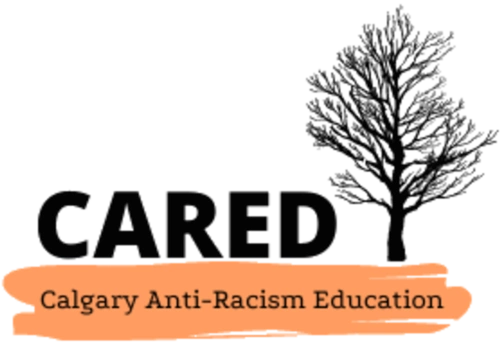
Donate to the Linda McKay-Panos Scholarship Fund

Donate to the Linda McKay-Panos Scholarship Fund


We resist the idea of education as hierarchical; we do not reinforce assumptions that the teacher is the expert with the only valid or authoritative knowledge in the room. We reject notions of students as objects to be taught, rather, we see them as individuals with valuable knowledge, experiences, and insights, regardless of age. For us, a troubling hierarchy is suggested in the terms like “educator” and “trainer,” both of which imply an action: the exercise of power, directed at an object without ability, knowledge, or insight. We therefore use the terms “participant” and “facilitator” while acknowledging that the facilitator is also a participant.
We oppose the belief that the “classroom” (from the kindergarten space through to university) or the “workshop space” are inherently free, democratic spaces. Educational institutions, classrooms, and workplaces/workshops are as fraught with relations of power as every other social space, even though each space has its particular context and dynamics. Individuals do not leave their gender, class, race, sexuality, ability/disability, knowledge, experience, or assumptions and biases at the door when they enter a classroom, workplace, or learning space.
We believe that learning extends far beyond the classrooms situated within formal education systems and far beyond workshop spaces. Racism occurs in every aspect of our society, as can anti-racism action and learning. We therefore choose to use the term “learning space” over “classroom” or “workshop.” For us, learning spaces include: family gatherings, daily social interactions, friendships, social communities (i.e. clubs, teams, spiritual communities), neighbourhoods, workplaces, workshops, and formal classroom settings etc.
In workshops and classroom settings, the terms “activity” and “exercise” are often used to describe anti-racism work. We believe that these terms minimize the very serious realities of racism and the deep, on-going learning and reflection that is required in engaging with anti-racism. The words “activity” and “exercise” imply that racism and anti-racism are external to us, that anti-racism can be an activity that we simply do once, and that a handout will adequately unpack the material. This can be compared to diversity work and how oftentimes, a cultural component is merely added to an existing system. While this may appear to diversify a particular space or system, it does not engage in genuine systemic transformation. This problematic method/perspective is often critiqued as the “add-on,” the “one-off,” or the “add culture and stir” approach
↳ See Multicultural Educator vs. Anti-Racism Facilitator
Because anti-racism is an active process that involves continuous learning and reflection, we have chosen the term “Learning Action” over “exercise” or “activity” when it comes to facilitating anti-racism learning with particular materials. We define Learning Actions as follows:
For individuals intending to facilitate our Learning Actions, we recommend the following path through our resource:
➊ The Basics: Level 1 ⇢ ➋ The Basics: Level 2 ⇢ ➌ Glossary ⇢ ➍ Learning Actions ⇢ ➎ Recommended Resources
For self-guided learning, we recommend the following path:
➊ The Basics: Level 1 ⇢ ➋ Why Self-Knowledge?; Self-Assessment; Framing Self-Knowledge & Knowledge Gaps (The Basics: Level 2) ⇢ ➌ Refer to our Glossary for in-depth discussions and clarification of unfamiliar terms ⇢ ➍ Recommended Resources ➎ BONUS: Knowledge Gaps & Inventories (Learning Actions)




2500 University Drive NW
Calgary, AB T2N 1N4
(403) 220-2505
aclrc@ucalgary.ca